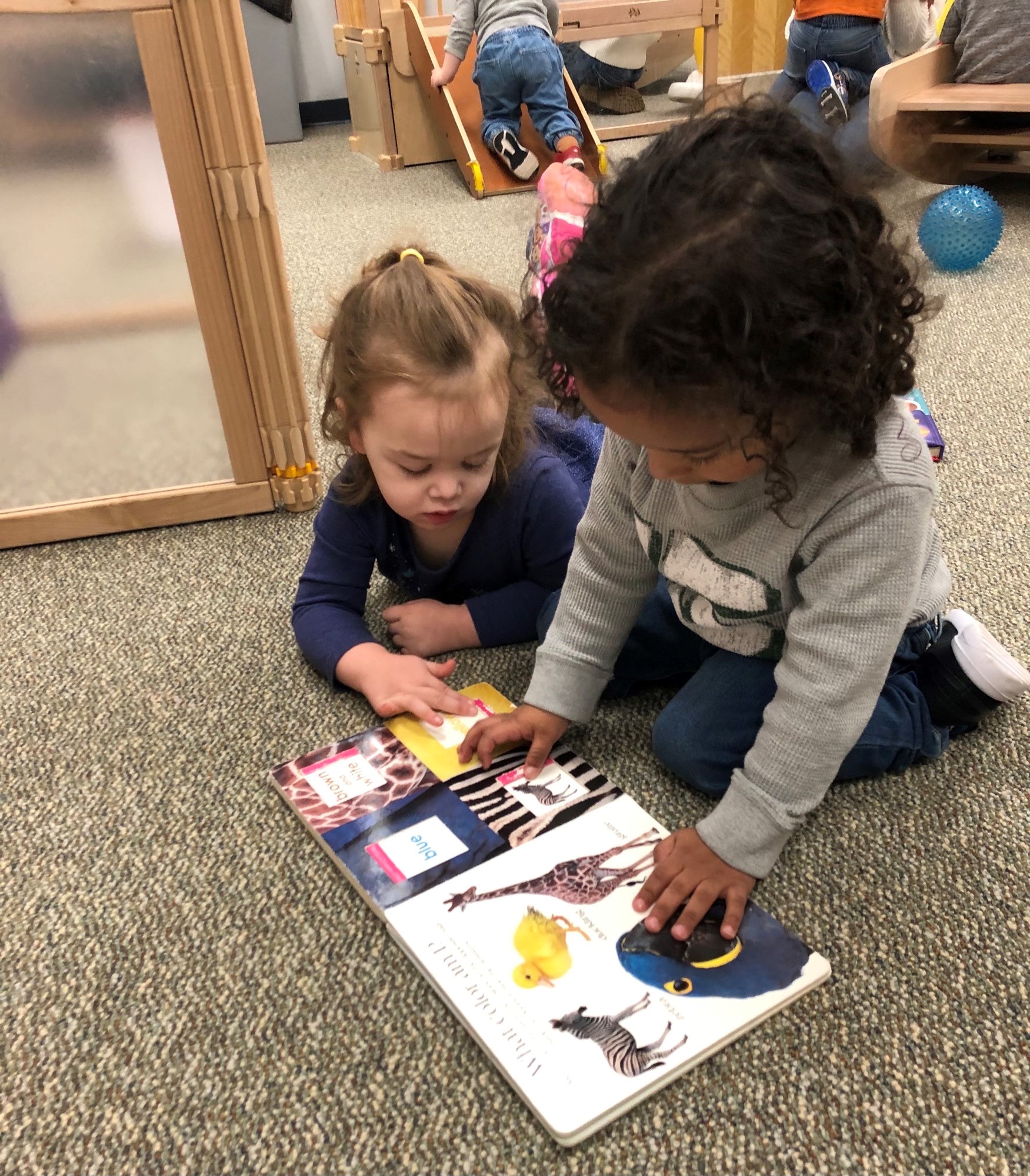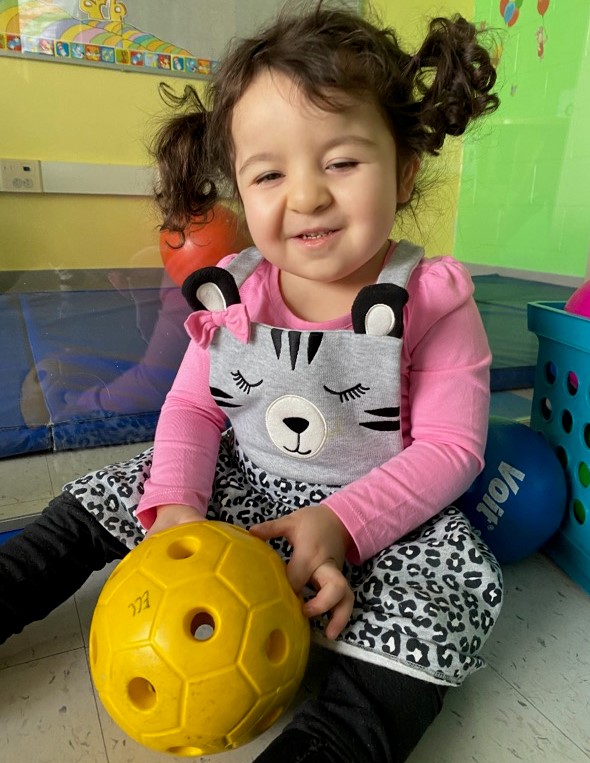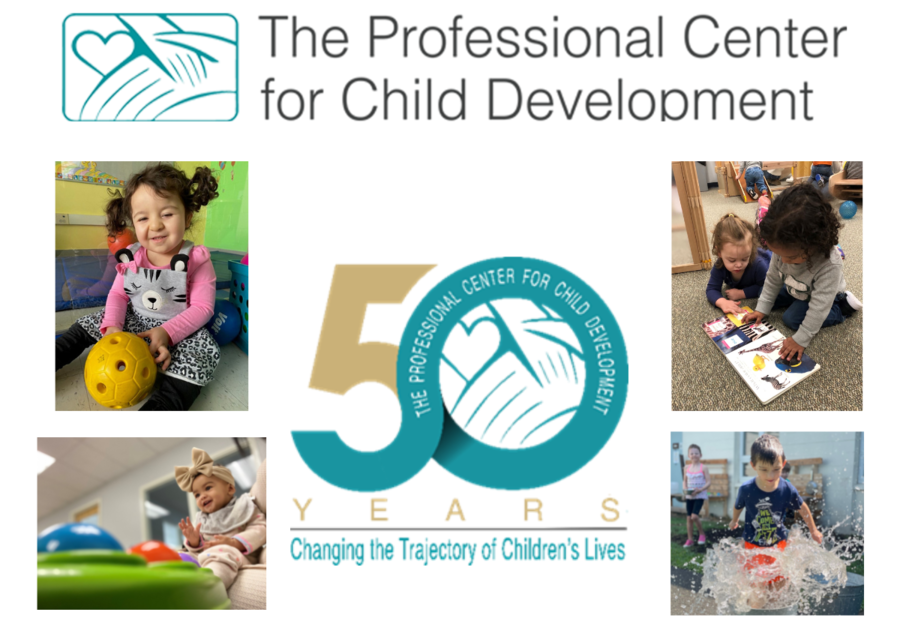Early Intervention
Who, What, Where, When, and Why?
Many parents I meet say, “What is Early Intervention (EI)?” when the doctor or a friend suggests the services. EI is the type of service that if you don’t need it, you may not know about it. EI helps to maximize growth and development in babies and toddlers. Anyone who has concerns about a child’s development due to a diagnosis, a delay or risk of a developmental delay could refer to EI.
 |  |  |
Who… EI in Massachusetts provides services to eligible children from birth to three years of age. Any child can be referred to EI if questions about their development are raised. Anyone may call to refer. Most calls come from a parent, physician, childcare provider, or family member. A condition or circumstance that may result in delayed development could prompt this call.
What… EI services are comprehensive and integrated across six areas of development – social/emotional, self-help, gross motor, fine motor, cognition, and expressive and receptive language. Your child’s EI Specialist may be trained as a Physical, Speech, or Occupational Therapist, an Educator, a Nurse, a Social Worker, a Nutritionist, Music Therapist, or other specialist. Each has expertise in working with children and families. Depending on the needs of the family and child the EI Specialist will work on specific outcomes to help enhance the child’s growth and development.
Where… EI is family centered. Visits could take place in the child’s home, at childcare, or in the park - any place that would be the child’s natural environment. For example, a family may meet the EI Specialist at the local playground to work on gross motor skills such as climbing and jumping. Or, if a child has a delay in their language development, a community or EI playgroup may be suggested. A child playgroup encourages children to express wants and needs. At times, having young children interact with other toddlers in a play-based setting provides an extra incentive to develop some needed skills.
When… As soon as questions about a child’s development are asked, it would be appropriate to call an EI program. At the time of referral, with the parent’s permission, an EI team will conduct a developmental assessment. The team will look at the six areas of development. After establishing eligibility for EI, the team will write an Individualized Family Service Plan (IFSP). In this document the team will develop strategies and outcomes to maximize the child’s potential. The family is always an important member of the team!
Why… Children should be given the chance to reach their full potential. Child development in the first three years of life is critical, as this is the time when their developing brain is most capable of change. With intervention in the early years, a child may not need special education as they enter school, or the services needed may be better identified or decreased. The family is the first and most important teacher in a child’s life. Together with the family, EI helps children acquire skills and reach milestones to develop into happy and healthy individuals.
To access Early Intervention in Massachusetts… simply call. There are over 50 Early Intervention Programs in the Commonwealth; each has a catchment area that they serve. The Central Directory for Early Intervention is at www.MassFamilyTIES.org.
- Ellen (McGrail) Waddill, M.Ed.
Parent Liaison,
Professional Center for Child Development
Andover & Lawrence, MA
Ellen is the mother of a young man who benefited from Early Intervention. During those important early years in EI, Ellen, and her son (Timmy) learned how to advocate for needs, begin an educational foundation, and navigate life with medical complexities and developmental delays. All these years later… Timmy still does not walk, talk, or even move very much and the family is still using skills learned in Early Intervention.



